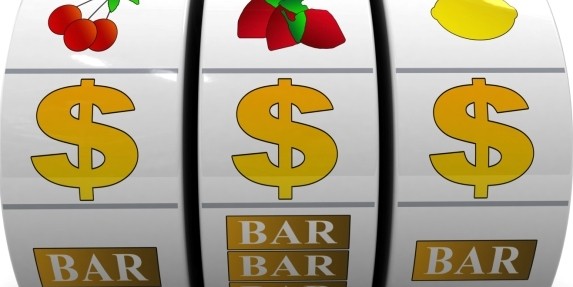

Even if the odds of winning the record $1.4 billion Powerball jackpot on Wednesday are 292.2 million to one, and even if you've got a better chance of being attacked by a shark that then gets struck by lightning, it could happen. And that's where professional financial advice offers a sense of perspective and calm that would hopefully prevent this winner from following in the footsteps of so many past winners who wound up broke just a few years after winning big. Winning such an unfathomable sum of money, which comes out to more than $500 million after taxes, is enough to send just about anyone into a state of monetary madness. Some of the best advice from advisers starts with some simple ideas. “My first advice would be to take a picture of you with the ticket, put it in a safe, and don't tell anybody about it for a while,” said Thomas Meyer, chief executive of Meyer Capital Group. Assuming winners have up to a year to come forward and claim their prize, Mr. Meyer is not alone in encouraging a careful and deliberate strategy of putting together a team of lawyers, accountants and financial advisers to help ensure smart financial decisions over both the near and long-term. “You should set up some kind of irrevocable trust with at least $50 million that you can't touch, because you need to protect yourself from yourself,” he said. “And you're also going to have a big tax target on your back because Uncle Sam will be just waiting for you to die so he can collect those estate taxes.” COLLEGE SAVINGS, RETIREMENT In terms of investing, once you're talking about numbers in the half-million-dollar range, the conversation flies right past petty issues like saving for college and retirement. Even at a bare-minimum 10-basis-point yield in a bank savings account or money market fund, the after-tax lump sum would be generating about $1,400 a day, or more than $500,000 a year. “The smallest-yielding income off that kind of money is plenty to live off of for the types of people who play the lottery,” said Kashif Ahmed, president of American Private Wealth. “Let's face it, Bill Gates is not playing the lottery, and neither is the guy with $5 million,” he added. Mr. Ahmed, who said he doesn't buy lottery tickets because “I like to work for my money,” said he would advise a lottery winner to keep quiet about it at first, while setting up a trust so that an attorney could accept the money on his behalf, protecting the winner's anonymity. Beyond that, Mr. Ahmed said the money should be invested as if it were an endowment or foundation, essentially, for perpetuity. “You're in a different paradigm, which means you're not going to take that money to a robo platform or go open an account at Vanguard,” he said. LUMP SUM? In terms of the lump sum versus an annuity option, most advisers believe any amount of money will do better when managed over time, and therefore support the lump-sum payout, even though that involves about half the total prize going immediately to taxes. However, because most advisers also seem to assume most lottery winners tend to lack financial savvy, there is an argument that can be made for spreading the lottery payments out over a few decades as a way to ensure that the winner doesn't just blow throw the money all at once. “Depending on whose data you use, somewhere between 70% and 90% of lottery winners end up losing it all within five years,” said Paul Schatz, president of Heritage Capital. “The vast majority of people take the after-tax, lump-sum payout, and they feel like they have become invincible, but the odds say different,” he added. “For those who choose the lump sum payout, the first thing to do is basically nothing. Carve out a tiny piece and go on a little spending binge, but nothing more than 2%.” GROWING BEARDS Theodore Feight, owner of Creative Financial Design, also advised taking the annuity for the simple reason that it is a complete unknown as to how somebody who becomes suddenly rich will react. “You don't know if the person can handle that kind of money, and the majority of lottery winners die broke,” he said. “I had a client who won a lottery, and he threw a party for all his friends, and within a year he had to move, grow a beard and finally leave the state to get away from all the people asking him for money.” With tax-protection becoming an immediate reality, Leon LaBrecque, chief investment officer at wealth management firm LJPR, said he would spread the winnings over limited-term investment grade muni bonds and equity index funds. “Just live on the interest and dividends,” he said. “You can do more exotic stuff like asset protection trusts and charitable remainder trusts, but when my one ticket wins, I'll do the simple equity-muni bond mix and take my million a month at a tax rate of about 11.9%.”
Learn more and try out some of asset protection trusts strategies for estate planning in this guide.

Relationships are key to our business but advisors are often slow to engage in specific activities designed to foster them.

Whichever path you go down, act now while you're still in control.

Pro-bitcoin professionals, however, say the cryptocurrency has ushered in change.

“LPL has evolved significantly over the last decade and still wants to scale up,” says one industry executive.

Survey findings from the Nationwide Retirement Institute offers pearls of planning wisdom from 60- to 65-year-olds, as well as insights into concerns.
Streamline your outreach with Aidentified's AI-driven solutions
This season’s market volatility: Positioning for rate relief, income growth and the AI rebound
